Why is IBM AIX Training Important?
- Specialized Operating System: IBM AIX is a powerful and highly reliable operating system used primarily in enterprise-level environments. It is designed to run on IBM Power Systems, which are widely used in industries such as banking, finance, healthcare, and telecommunications. AIX training provides individuals with the knowledge and skills to effectively manage and administer this specialized operating system
- Efficient System Management: AIX training equips individuals with the necessary skills to efficiently manage and maintain AIX-based systems. They learn how to install, configure, and optimize the operating system, ensuring optimal performance and reliability. This knowledge is crucial for organizations to achieve smooth operations and minimize downtime.
- Security and Compliance: In today's digital landscape, security and compliance are of paramount importance. AIX training covers essential aspects of system security, including user management, access control, auditing, and securing network services. By understanding these concepts, professionals can help safeguard critical data and ensure compliance with industry regulations.
- Troubleshooting and Problem Resolution: AIX training equips individuals with troubleshooting skills specific to the AIX operating system. They learn how to diagnose and resolve common issues, identify performance bottlenecks, and optimize system resources. This expertise is invaluable in minimizing system disruptions and ensuring uninterrupted business operations.
- Migration and Integration: As organizations undergo technology transformations, they may need to migrate or integrate their existing systems with AIX. AIX training enables professionals to understand the complexities involved in such processes, facilitating seamless migrations and integrations while minimizing risks and downtime.
Who can do IBM AIX Course
IBM AIX courses are suitable for a wide range of individuals. IT professionals looking to enhance their skills and knowledge in system administration, particularly in the context of IBM Power Systems, can benefit from these courses. Individuals interested in pursuing careers in industries such as banking, finance, healthcare, and telecommunications, where AIX is commonly used, can also enroll in IBM AIX courses. Additionally, professionals involved in system migrations, integrations, or responsible for managing and maintaining AIX-based systems can acquire valuable expertise through these training programs.
What are the Key Components of IBM AIX Training?
- AIX Fundamentals: A comprehensive introduction to the AIX operating system, covering its features, architecture, file systems, and basic commands. Participants gain a solid foundation in AIX concepts and terminology.
- Installation and Configuration: Instruction on how to install and configure AIX on IBM Power Systems. This includes topics such as system requirements, partitioning, device management, and network configuration.
- System Administration: In-depth training on system administration tasks specific to AIX. This covers managing users and groups, file system management, security and access controls, device management, backup and recovery, and performance monitoring.
- AIX Networking: Detailed exploration of networking concepts and protocols in the AIX environment. This includes configuring network interfaces, TCP/IP fundamentals, DNS configuration, network troubleshooting, and remote access options.
- System Performance and Tuning: Instruction on optimizing system performance and tuning AIX-based systems. This covers monitoring system resources, identifying and resolving performance bottlenecks, tuning kernel parameters, and utilizing performance analysis tools.
- Security and Compliance: Training on securing AIX systems and ensuring compliance with industry regulations. This includes user management, access controls, auditing, system hardening, vulnerability scanning, and implementing security best practices.
- Problem Determination and Troubleshooting: Techniques and methodologies for effectively diagnosing and resolving issues in the AIX environment. This includes troubleshooting common problems, analyzing error logs, utilizing diagnostic tools, and performing system diagnostics.
- High Availability and Disaster Recovery: Instruction on implementing high availability and disaster recovery solutions in AIX. This covers concepts such as HACMP (High Availability Cluster Multi-Processing), backup and restore strategies, failover configurations, and system replication.
- System Upgrades and Migrations: Guidance on upgrading AIX systems and migrating from older versions. This includes planning and executing system upgrades, data migration strategies, compatibility considerations, and minimizing downtime during migrations.
IBM AIX Career Opportunities
- AIX System Administrator: AIX system administrators are responsible for installing, configuring, and maintaining AIX-based systems. They handle tasks such as user management, file system administration, security implementation, performance monitoring, and troubleshooting AIX-related issues.
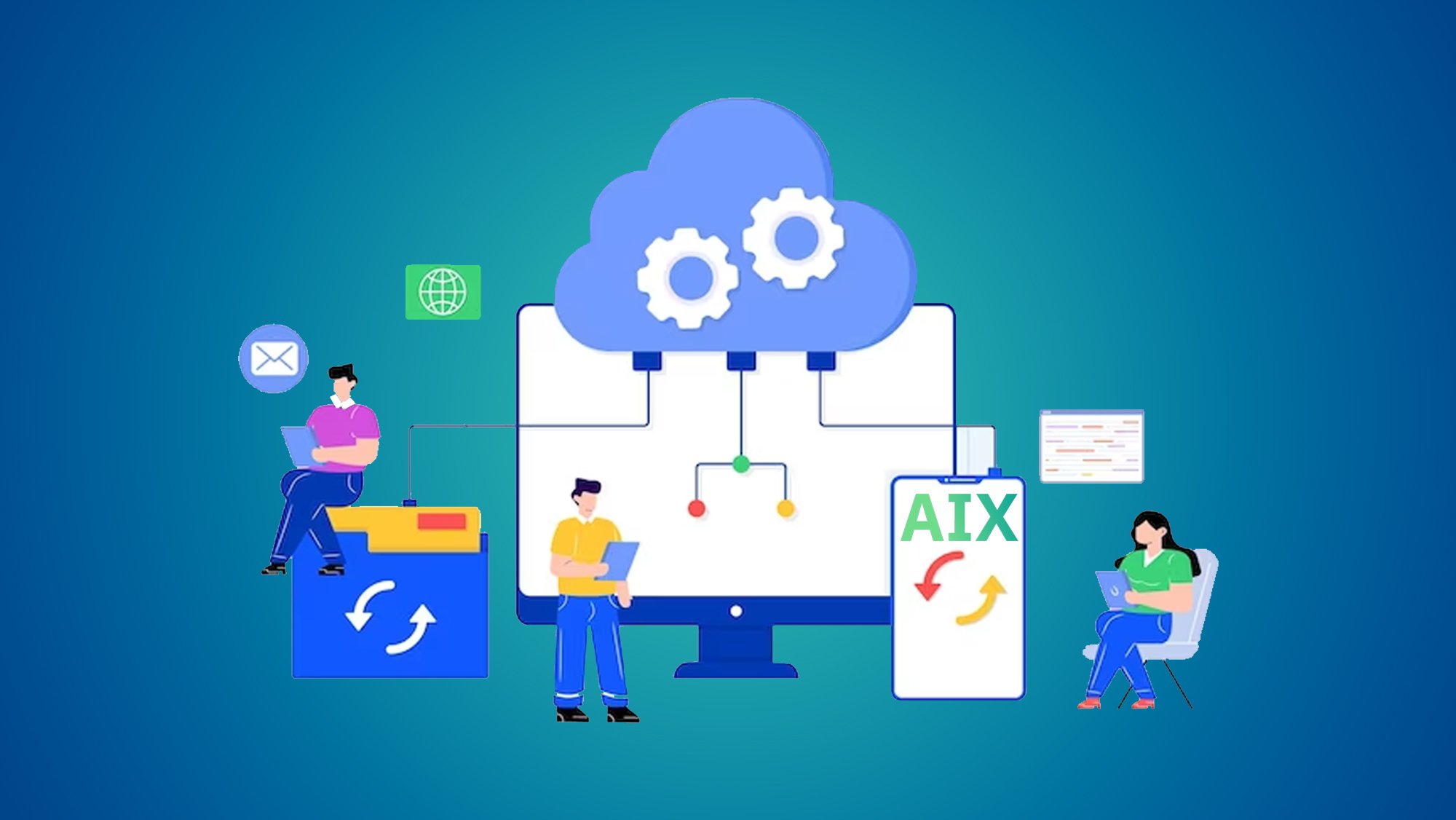
Read More: Exploring the Power of IBM AIX: Key Features That Set It Apart |
- AIX Support Specialist: AIX support specialists provide technical support and assistance to users and organizations using AIX. They troubleshoot system problems, resolve software and hardware issues, and ensure smooth operation of AIX-based systems.
- AIX Architect: AIX architects design and plan the implementation of AIX-based systems and infrastructure. They analyze requirements, assess system needs, recommend hardware and software configurations, and provide expertise in optimizing system performance and scalability.
- AIX Consultant: AIX consultants offer specialized expertise and guidance to organizations in deploying, upgrading, and managing AIX systems. They assess client needs, provide recommendations, design system architectures, and assist with system integration and migrations.
- AIX Project Manager: AIX project managers oversee projects involving AIX system implementation, upgrades, or migrations. They coordinate project activities, manage resources, ensure project timelines and deliverables are met, and communicate with stakeholders.
- AIX Security Specialist: AIX security specialists focus on ensuring the security of AIX systems. They implement security measures, configure access controls, perform vulnerability assessments, manage user permissions, and address security incidents.
- Cloud Infrastructure Engineer: As AIX can be integrated into cloud infrastructure, individuals with AIX skills can explore opportunities as cloud infrastructure engineers. They work on designing, deploying, and managing AIX-based systems within cloud environments, ensuring scalability, availability, and security.
- IT Manager/IT Director: With AIX expertise, individuals can progress to managerial roles overseeing IT operations, infrastructure, or system administration teams. They provide leadership, manage budgets, make strategic decisions, and ensure the efficient and effective functioning of IT systems, including AIX environments.
- Solutions Architect: AIX skills can be valuable for individuals working as solutions architects who design and develop comprehensive IT solutions for organizations. They assess business needs, propose technology solutions, and create architectural designs that incorporate AIX systems.
Conclusion:
IBM AIX is a powerful operating system used in enterprise environments. Acquiring expertise in AIX through training opens up diverse career opportunities in system administration, support, consulting, and architecture roles. AIX professionals are sought after for their ability to manage AIX-based systems, optimize performance, ensure security, and facilitate migrations. AIX skills provide a strong foundation for career advancement and success in the IT industry.


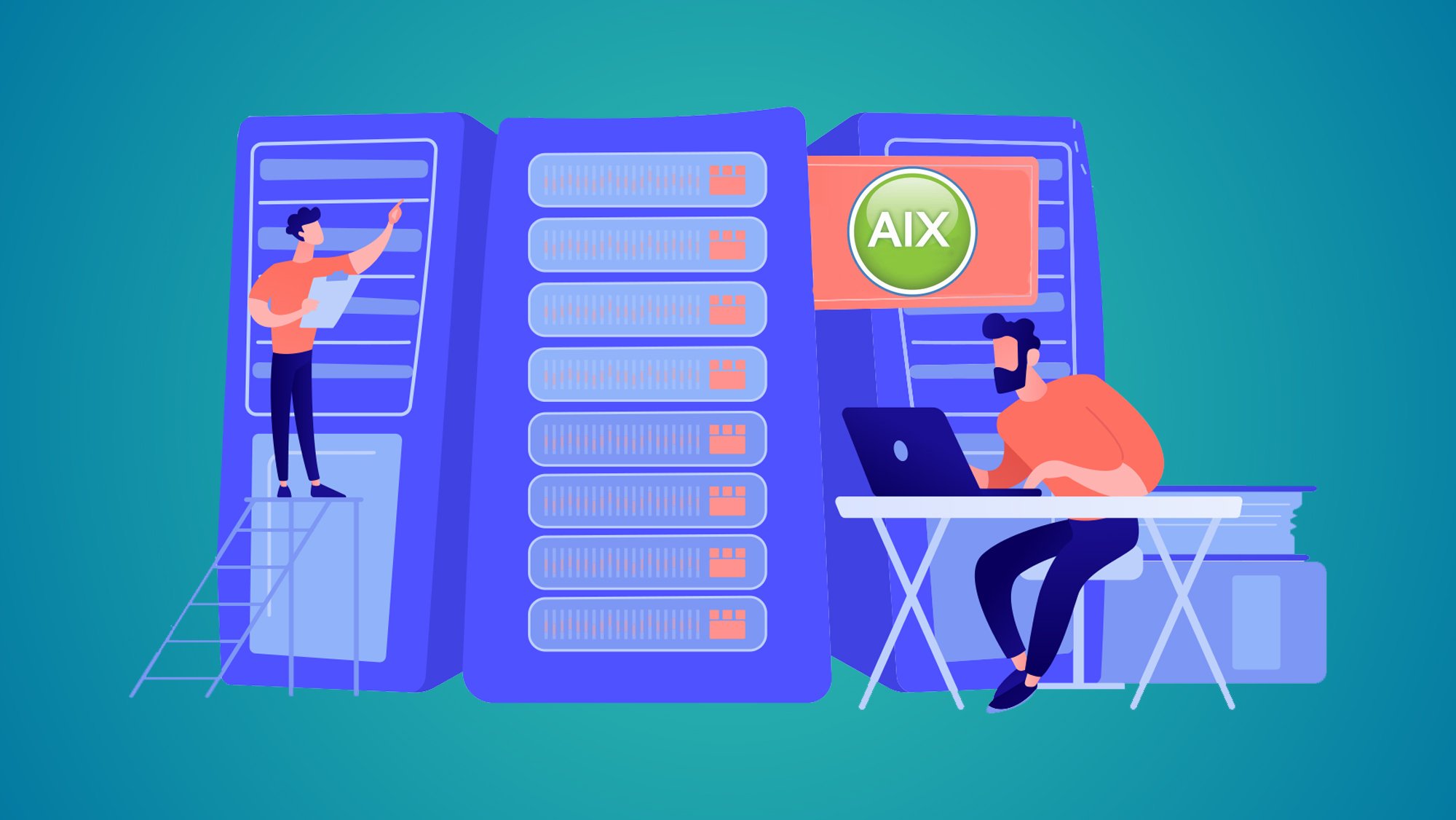
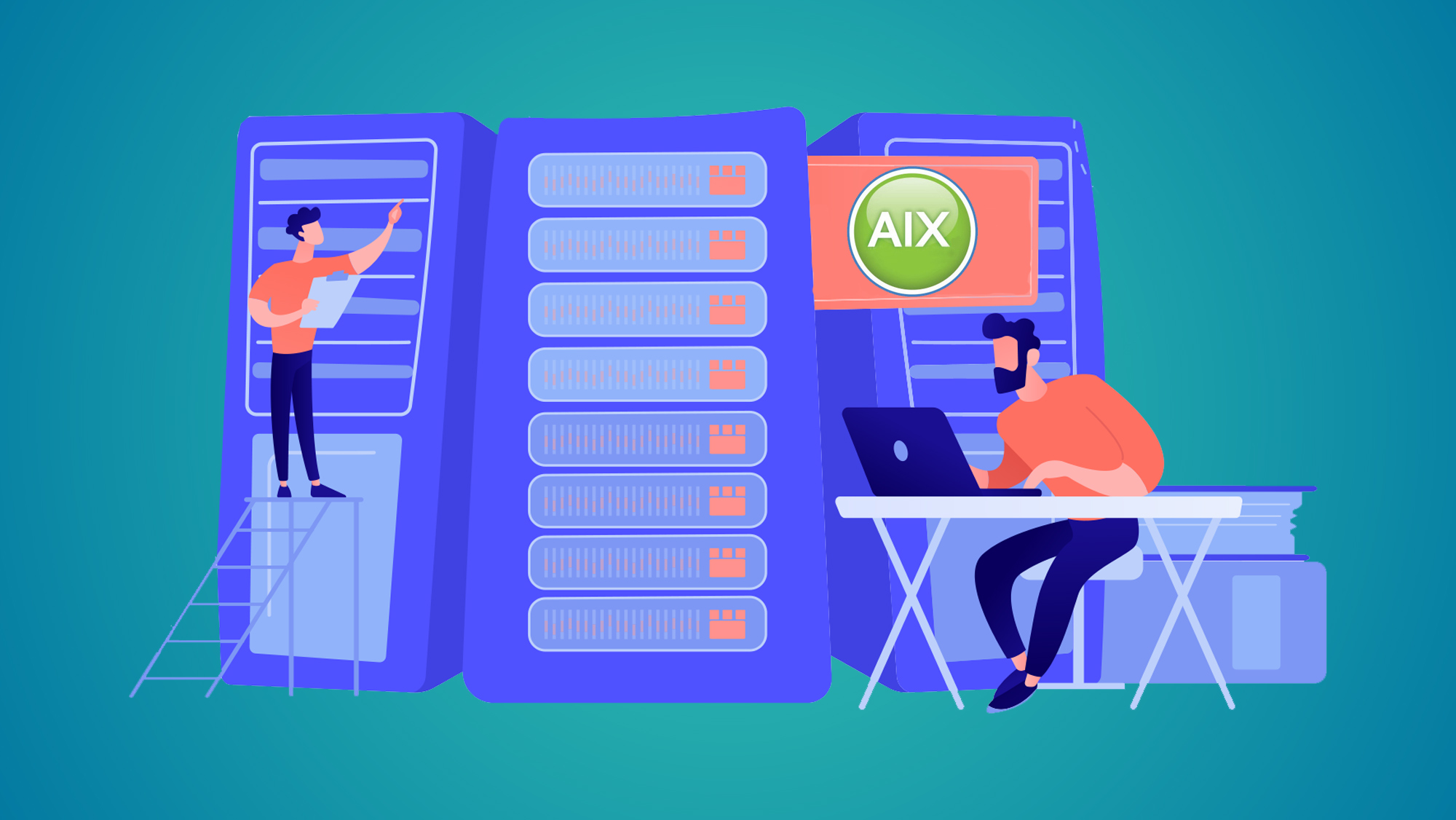
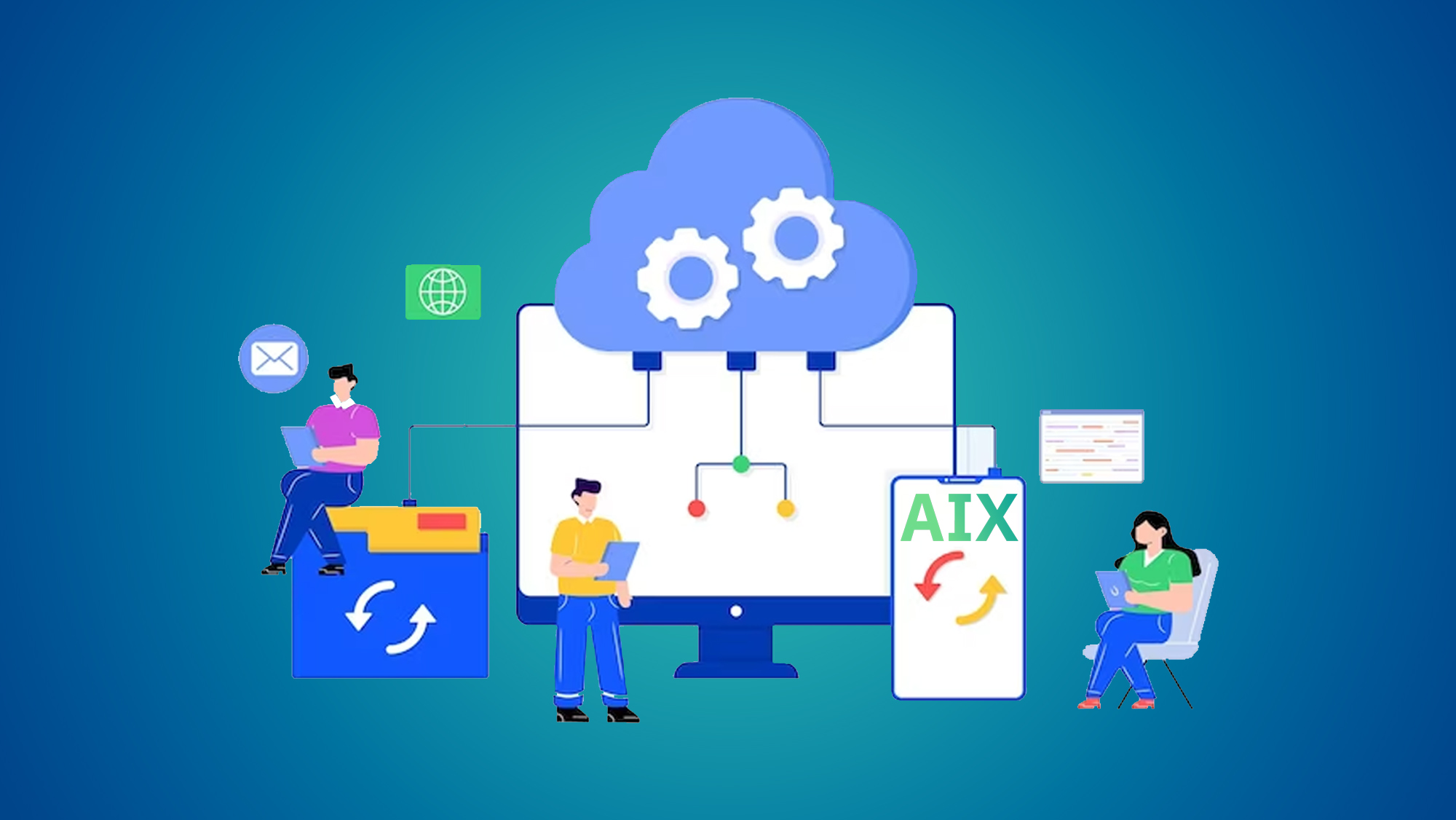
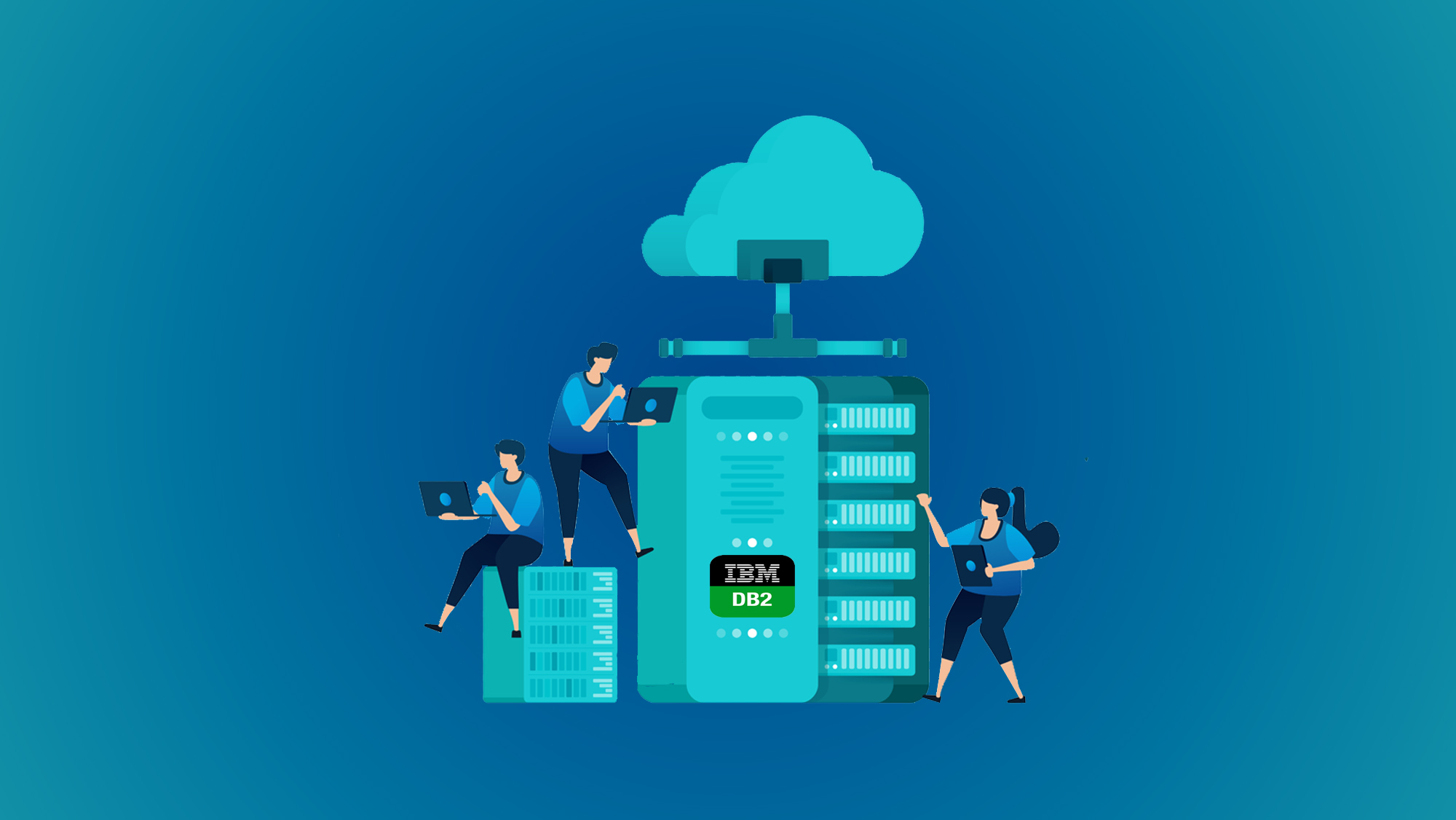
No Comments Yet
Let us know what you think